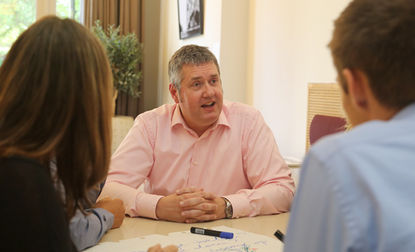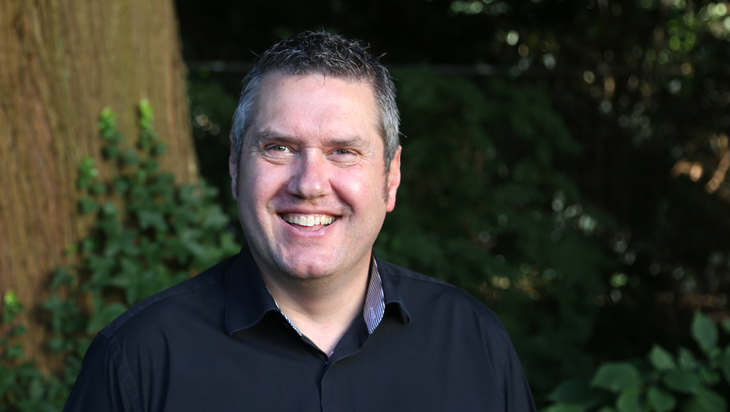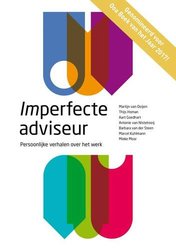Marcel Kuhlmann
The tension between usefulness and dignity
In organizations, there seems to be a growing need for dignity, humanity and social decency. You can see this in words like “beautiful”, “inspiring”, “radiant”, “connectedness”, “fun”. Inspired people really go for their job and perform better. I can only agree on this – provided that they can truly work and learn deriving from their own wishes, will and needs. You can’t enforce having fun. For than it becomes a new hip parameter, added to unilateral “usefulness thinking” and the monomaniacal focus on economic targets. The new “performing” is often covered in blueprints, output thinking in disguise. The organization has to be “lean” but only with happy people. What interests are actually at stake here? Usefulness and output still win over dignity; also in self-supporting teams. Professionals are better suited there but the ultimate criterion is still usefulness: the way of work provides a better output.
Change projects in organizations often ignore the small, vulnerable, uneasy and the fragile. Attention often escapes into the “there and later”, while there is so much to discover and to learn in the “here and now”. I like to lighten up the (inter) human aspects, especially there, where it is snowed under in key performance indicators, spreadsheets and organizational targets. You don’t really need very much to get to meaningful and useful results with others- as long as you are prepared to think critically about your acting and the effects thereof.
The classical way to implement change is the linear approach. For me “viral change” is the way to go: connect to spontaneous movements. Changes happen in organizations everyday. People learn for themselves, unplanned, without a director. A wave in a stadium doesn’t happen planned. What I do, together with my client, is search for the movements, strengthen the connectedness, and improve the mutual contact, so variation arises as well as a conversation that makes a difference.
Every situation is different. There are no organizational models or formats to solve problems. I like to compare the processes in an organization with a relationship: do you remember the moment you met and fell in love? And the moment you said: we are a couple? Describe the process between the first and the second moment? In retro perspective you can see how things went. That is no different in organizations.
News & blogs
-
 12-10-2015 / Blogs / By Marcel Kuhlmann, Martijn van Ooijen / View in DutchSteeds vaker zien en horen we over zelfsturende teams. Het verschijnsel bestaat al sinds de jaren...
12-10-2015 / Blogs / By Marcel Kuhlmann, Martijn van Ooijen / View in DutchSteeds vaker zien en horen we over zelfsturende teams. Het verschijnsel bestaat al sinds de jaren... -
 03-02-2015 / News / By Marcel Kuhlmann, Ton ten Broeke / View in Dutch
03-02-2015 / News / By Marcel Kuhlmann, Ton ten Broeke / View in DutchLeergang Veranderpraktijk start 23 april
Op 23 april start de FCE weer met de Leergang Veranderpraktijk . De leergang is een... -
 11-26-2014 / Blogs / By Marcel Kuhlmann / View in Dutch
11-26-2014 / Blogs / By Marcel Kuhlmann / View in DutchIdeologie, macht en veranderen: “Mag ik dat zeggen, ja dat mag ik zeggen..”
Mart Smeets probeerde op 11 februari 2009 tijdens een uitzending van 'De Wereld Draait Door' de...
publications
-
12-10-2015 /
Zelfsturing in de zorg is geen doel maar middel. 6 reflectievragen voor het bouwen aan zelfsturing
-
11-26-2014 /
Ideologie, macht en veranderen: “Mag ik dat zeggen, ja dat mag ik zeggen..”
-
12-22-2013 /
Afkicken van de veranderverslaving. Conventionele organisatieverandering creëert resistente medewerkers
contact
Curious to learn more about Kessels & Smit?
Get in touch with Marcel Kuhlmann

